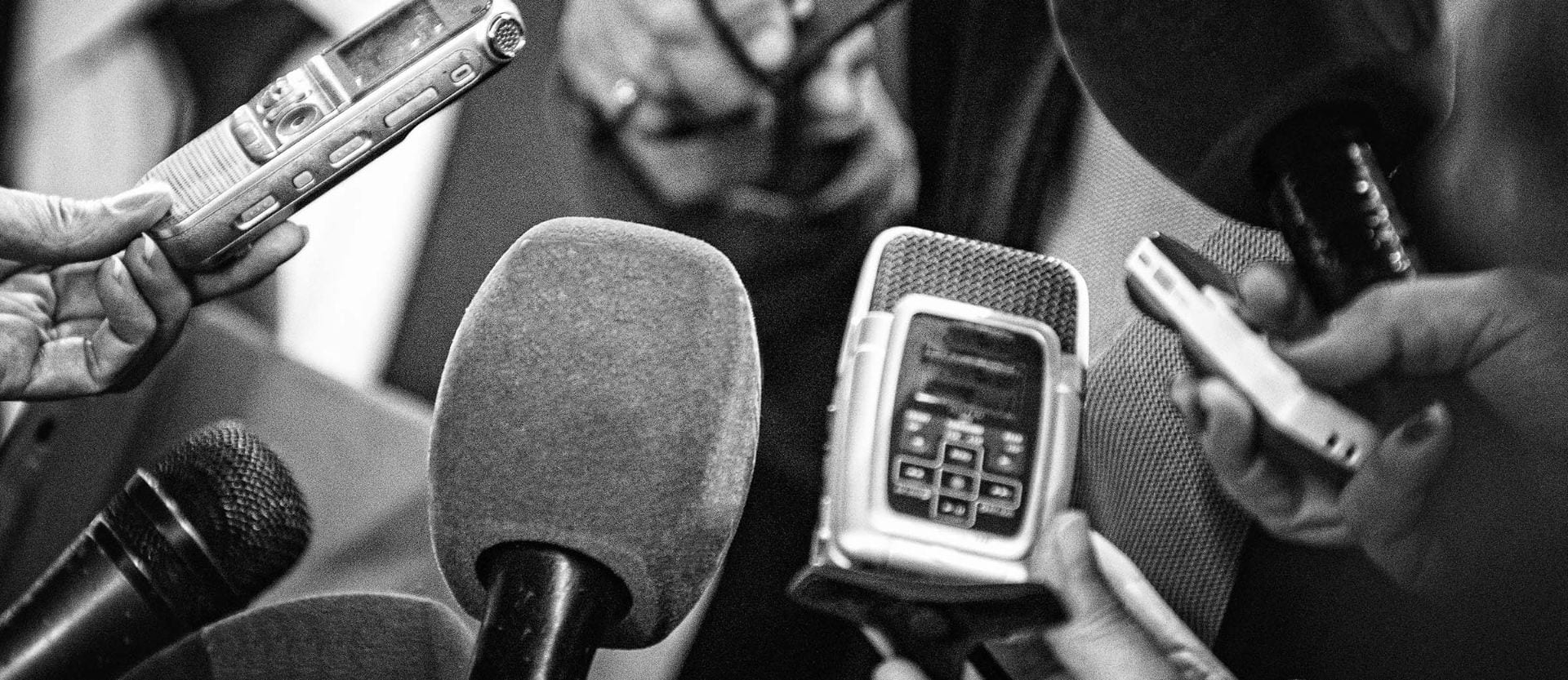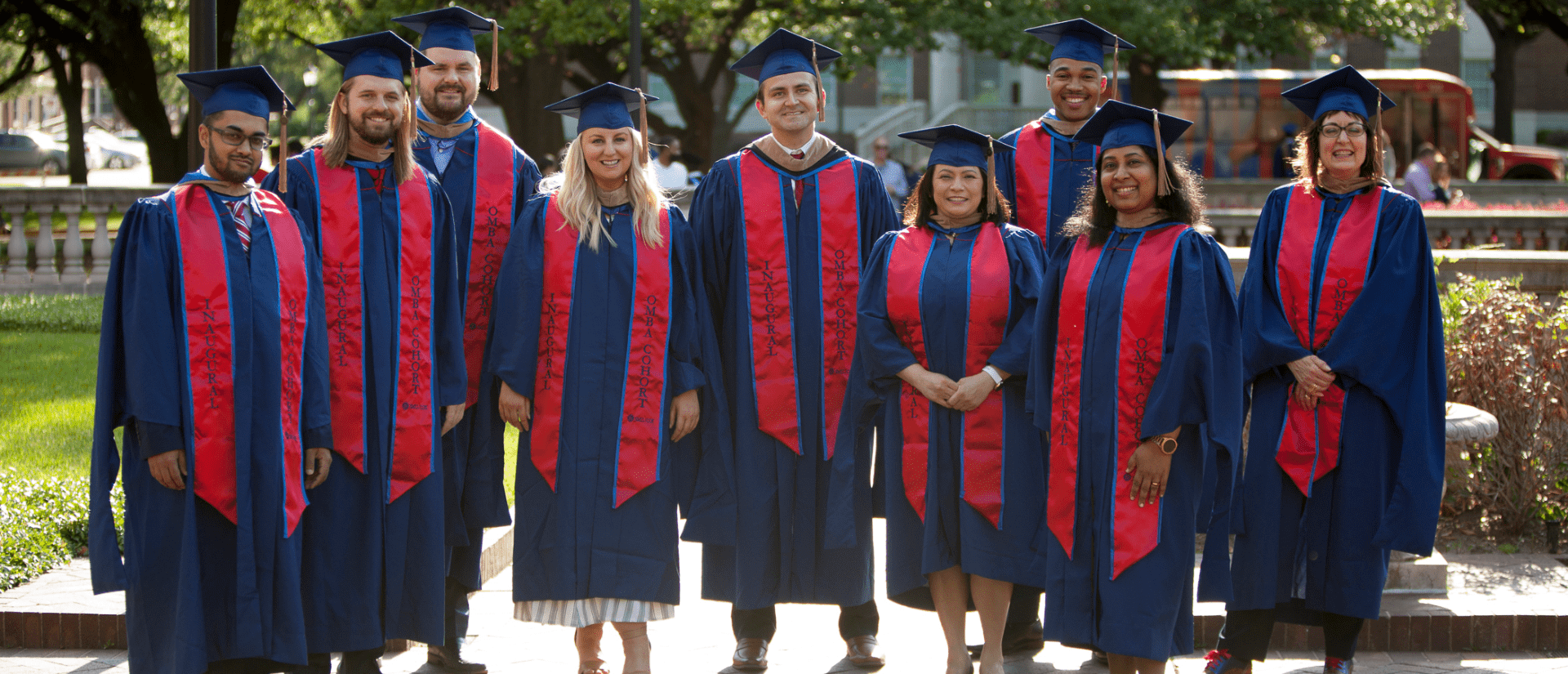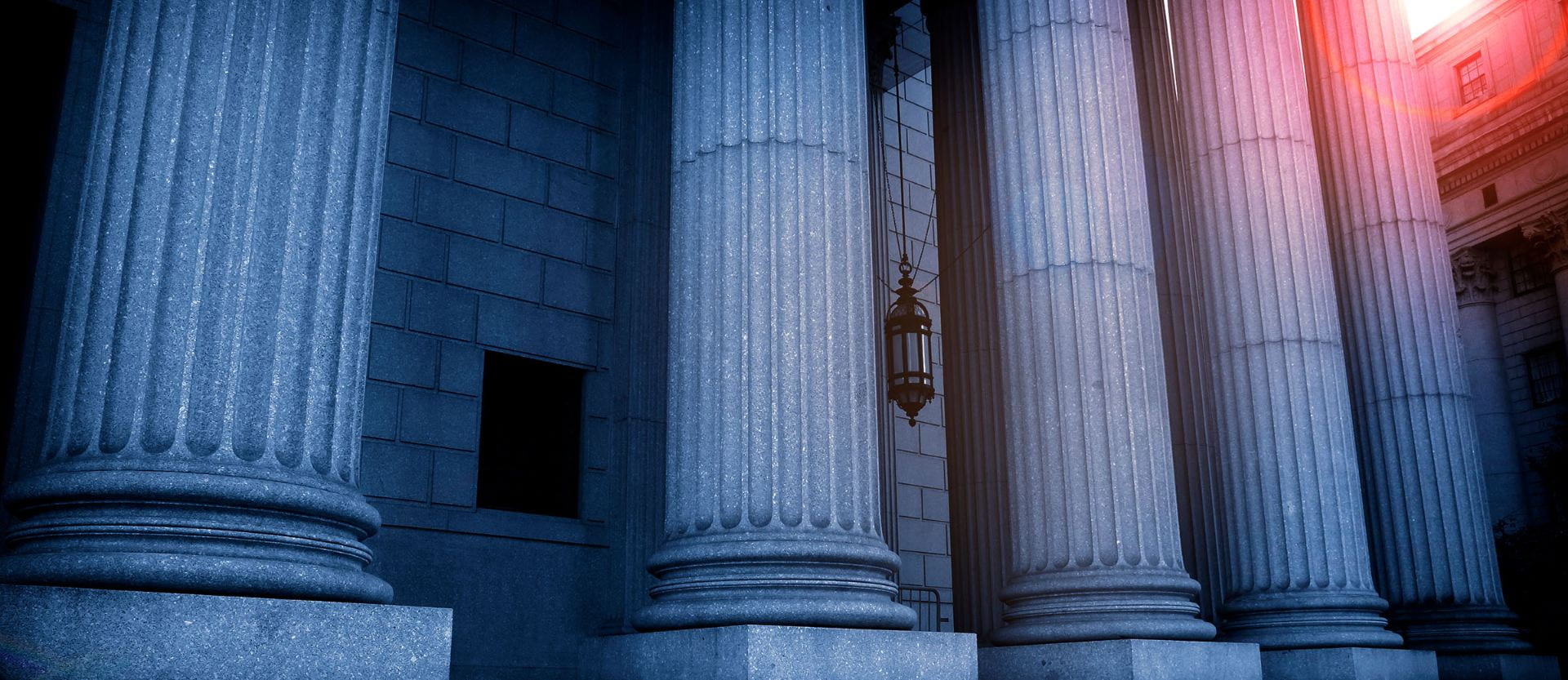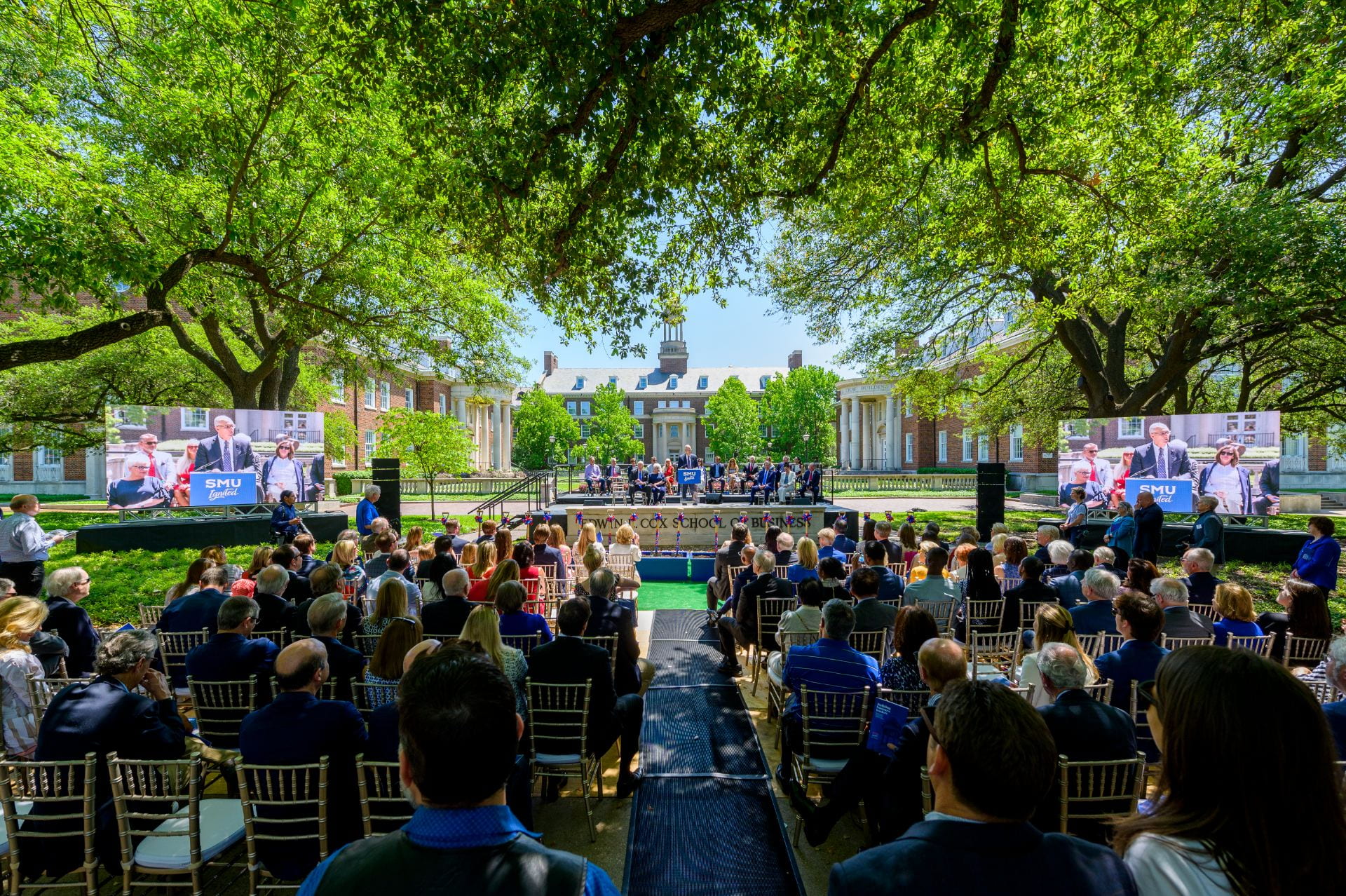U.S. News & World Report, “Mulan Epitomizes the Dilemma of Doing Business in China,” 10/06/20
David Jacobson, international business law expert and Cox adjunct professor, explains that the Disney remake of “Mulan” faced a boycott call because the film’s credits include a thank you to a Chinese government-run police agency blacklisted by the U.S. government for alleged human rights’ abuses. Jacobson says it’s a cautionary tale for companies doing business in China. “On one hand, to maintain their presence in China, these companies must comply with the demands and expectations of the Chinese Communist Party (CCP). On the other hand, doing so comes with the cost of significant reputational risk at home.”
Orange County Register, “Work-at-Home Crowd Prefers to Relocate to Places with Lower Taxes, Less Regulation,” 10/23/20
Meg Tuszynski, research associate professor at the Bridwell Institute for Economic Freedom, writes that decisions about where to live have traditionally been connected to decisions about where to work, but COVID-19 has caused many companies to move part or all operations online temporarily or permanently. She explains: “We’re now starting to see what happens when the bonds between a person’s city of residence and city of work are broken. The results are intriguing.”
Poets & Quants, “Still More Top MBA Programs Waiving Standardized Tests,” 12/02/20
Cox School Dean Matthew B. Myers says,“The last few months have been among the most challenging our students and prospective students have ever faced.” The COVID-19 pandemic has resulted in a wave of business schools across the nation going test-optional or waiving the GMAT and the GRE for MBA program admissions. The Cox School announced in the fall its decision to continue its temporary test-optional GMAT/GRE policy for August 2021 admissions. “Our goal is to give our graduate school applicants as much flexibility as possible in the face of test center closures. Streamlining the experience during this time period makes sense, and it’s the right thing to do.”
USA Today, “A Christmas Story — with No Commercial Interruptions,” 12/24/20
Mike Davis, senior lecturer of strategy and business economics, writes that even in the face of COVID-19 and U.S. economic challenges, Americans can be grateful for modern technology and innovations that are still giving them choices that help enhance current-day life. “Whatever normal looks like next summer, we will still have those choices. Smart people will still be working to come up with new ways of giving kids even better choices.”
The Dallas Morning News, “DFW-based Pizza Inn CEO Gets Political, Calling for an Election Audit,” 1/06/21
Dan Howard, professor of marketing, weighs in on a comment by the CEO of Rave Restaurant Group Inc. The group operates Pizza Inn and other pizza brands. The CEO issued a statement in early January calling for “election integrity” and listing suggestions for how to accomplish that goal. The statement had marketers and foodies wondering why a pizza company, which has never made political statements in the past, opted to speak out with little mention of the product the company has sold for 62 years. Cox professor of marketing Dan Howard comments that “nobody wants a pizza company going political on them.”
KRLD Newsradio 1080 AM, “Mayor Eric Johnson Names the Members of the Innovation and Entrepreneurship Task Force,” 1/15/21
Professor of Practice Simon Mak, executive director of the Cox School’s Caruth Institute for Entrepreneurship, was named one of 15 members of the newly created Mayor’s Task Force on Innovation and Entrepreneurship. As a guest on David Johnson’s CEO Spotlight, Mak explains that “there are two ways to think about start-ups: small business start-ups that stay small businesses and start-ups that are growth-oriented and become scale-ups. The task force is looking at how to help both categories of start-ups do well and thrive in the city of Dallas.”
WFAA-Channel 8, “Experts Explain What’s Happening with GameStop Stock and What to Expect Next,” 1/27/21
Don Shelly, professor of practice in finance, offers insight into why stock of Grapevine-based GameStop soared more than 1,500% in one week. GameStop stock was shorted, he says, meaning instead of buying and hoping it would go up, people borrowed shares of stock betting it would go down. “More people are getting squeezed here. They just can’t take the pain, and they buy the stock and close out their positions. This is basically a supply-demand imbalance.”
Variety, “AMC Theatres Shares Just Plunged More Than 50%. What’s Next for Stocks Roiled by Reddit?” 1/28/21
Mehrdad Samadi, assistant professor of finance, comments on the SEC’s potential role in the market phenomenon that resulted in AMC’s 300% surge to $20.31 per share one day followed by a drop to just over $10 per share the next. Samadi says: “Market manipulation laws are broadly defined as evidenced by the SEC’s historically wide-ranging anti-manipulation enforcement cases. Typically, the largest challenge in making a manipulation case is proving intent — which doesn’t seem to be an issue here. The question is whether the SEC will actually pursue a case.”
KXAS-NBC 5 ,“Millions See ‘Rolling Blackouts’ Turn into Hours-Long Outages,” 02/16/21
Bruce Bullock, executive director of the Maguire Energy Institute, says that unprecedented cold coupled with unprecedented demand put unexpected strain on the country’s premier energy manager. With snow accumulations of 2 to 6 inches and single-digit temperatures, the Electric Reliability Council of Texas (ERCOT) planned rolling blackouts of 15 minutes to rotate outages and conserve power. Instead, thousands of North Texans endured hours without heat in their homes. Bullock expects a thorough after-action analysis and says, “undoubtedly, some changes will come out of this.”










